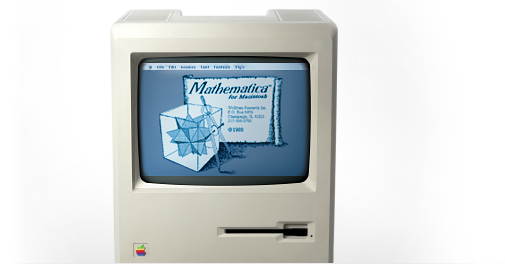InWolfram got his PHD in 1979, when Wolframhe was 20, he got his PHD. He thought that he needneeded a better CAS than Macsyma to do physics, and thenso he began to write SMP (the "Symbolic Manipulation Program"). In 1981, theThe first version of SMP was released in 1981. SMP was the predecessor of Mathematica. Though it had a deep influence on Mathematica, none of its code was ever used for Mathematica.
In 1986, Wolfram decided to write an "ultimate computation system". He began to writestarted writing the code in 1986, and founded the Wolfram Research in 1987. And finallyFinally, Mathematica 1.0 was released on June 23, 1988.
Mathematica 1.0 http://blog.stephenwolfram.com/data/uploads/2013/06/1b.png
I didn't find Mathematica 1.0. In fact, Mathematica 1.0 had neither a Windows nor a Linux version. However,But I found Mathematica 2.0 on a Chinese website. It can still be run on Windows XP.
We can't write f[i_, 1 | i_ | n] = "N" because Alternatives was introduced in Mathematica 2.0. Still, it shows the power of pattern matching.
Or we can implementuse the Euclidean algorithm, using with pattern matching:
All the functions above arewere introduced in Mathematica 1.0.
